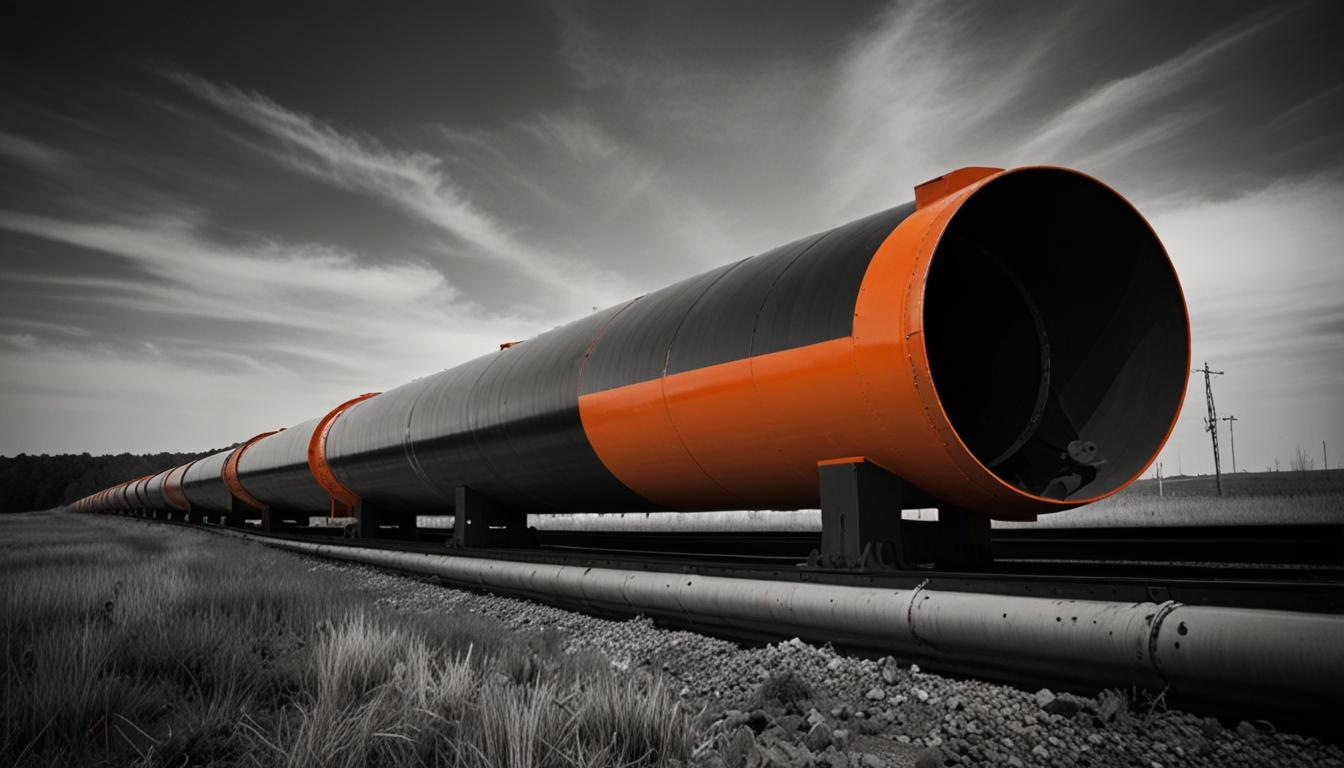Summit Carbon Solutions has received approval from the Iowa Utilities Board to construct the Midwest Carbon Express pipeline to capture and transport carbon dioxide from ethanol plants for underground storage in North Dakota. Despite opposition, the project is seen as beneficial for reducing the ethanol industry’s carbon footprint and accessing clean fuel tax credits.
The Iowa Utilities Board has approved Summit Carbon Solutions’ application to construct a hazardous liquid pipeline aimed at capturing and transporting carbon dioxide produced by ethanol plants. This pipeline, known as the Midwest Carbon Express, will span 688 miles across 29 counties in Iowa, with the captured CO2 intended for underground storage in North Dakota.
Summit Carbon Solutions, headquartered in Iowa, views this project as a means to assist the ethanol industry in reducing its carbon footprint and qualifying for state and federal clean fuel tax credits. Despite facing opposition due to safety and property rights concerns, the Iowa Utilities Board determined that the project serves the public interest.
The approval in Iowa follows the rejection of Summit’s application in South Dakota by the South Dakota Public Utilities Commission (PUC) last September. Summit plans to reapply in South Dakota, where new legislation regulating pipeline construction and granting more power to the PUC takes effect on July 1.
Additionally, severe flooding and infrastructure damage in the Midwest have complicated matters. A railroad bridge between South Dakota and Iowa collapsed due to heavy rains, disrupting a crucial transport link for commodities. The floods have resulted in the deaths of one individual in South Dakota, the destruction of hundreds of homes in Iowa, and extensive road and bridge damage. South Dakota and Iowa governors have emphasized the significant repercussions and ongoing challenges brought by these weather events.
Overall, Summit Carbon Solutions aims to start construction next year, with the pipeline slated for operational status by 2026. Further regulatory approvals are pending in other states along the proposed route, including Minnesota.
